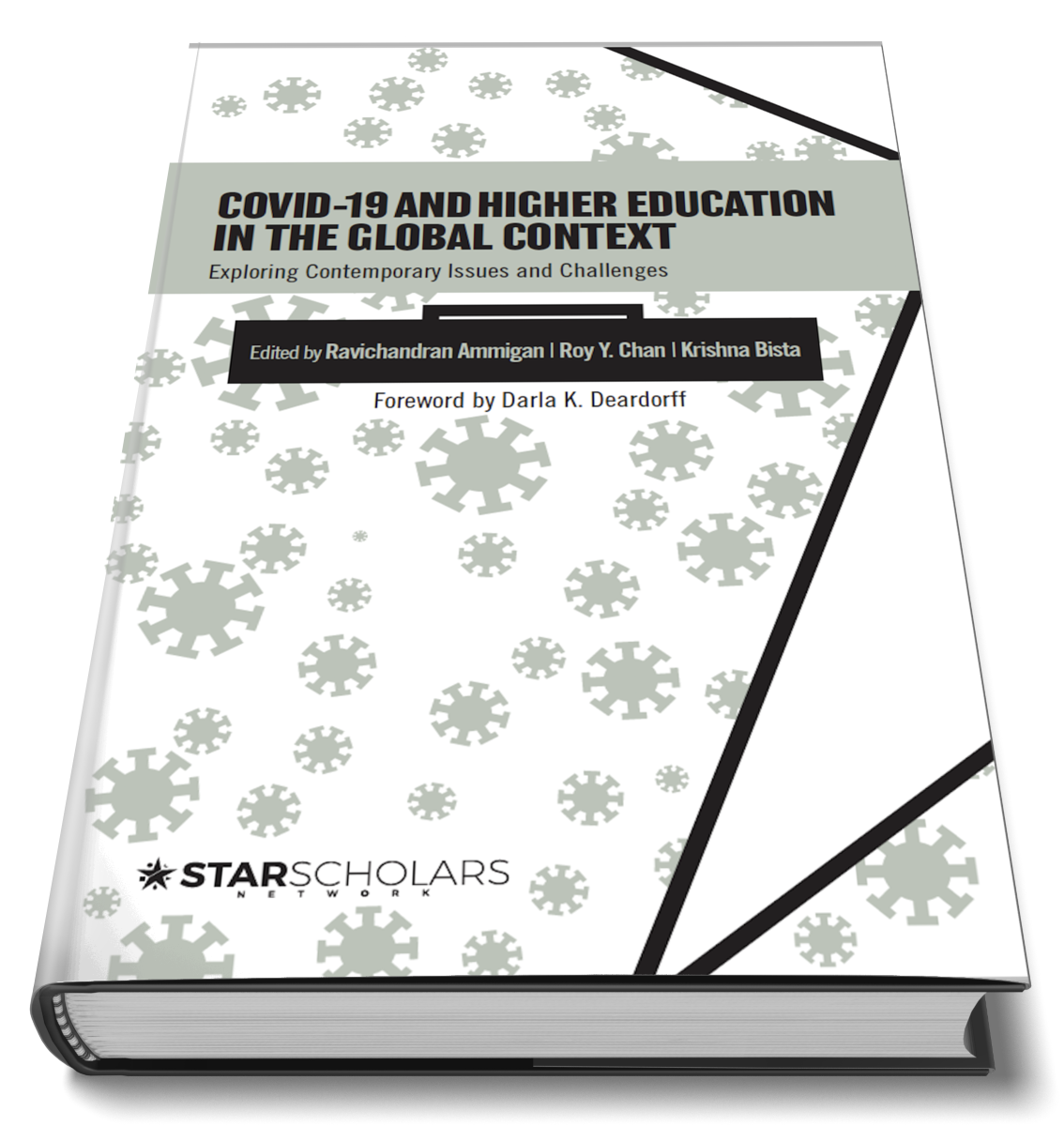Disrupting Accommodations through Universal Design for Learning in Higher Education
Abstract
While the world grappled with the COVID-19 pandemic, higher education institutions (HEI) decided to move classes to online modules. This interruption created issues for students with disabilities (SWDs) and students who are deaf or hard of hearing (DHH) who had to modify their accommodations. Ensuring equitable access to course content requires communication, problem-solving, and flexibility from faculty, service providers, and administrators—yet many students find the burden placed upon them. This is concerning because when students feel they are supported by their institutions, they are more likely to persist to graduate. How can we imagine a new system that is not fully dependent on students requesting accommodations in HEIs? This chapter reviews the accommodations and experiences of SWDs & DHH students and calls for considerations to disrupt the medical model of accommodations through Universal Design for Learning (UDL) in higher education.
How to cite this chapter:
Armour, C. D. (2022). Disrupting accommodations through universal design for learning in higher education. In R. Ammigan, R. Y. Chan, & K. Bista, (eds), COVID-19 and higher education in the global context: Exploring contemporary issues and challenges (pp. 93-106). STAR Scholars. https://starscholars.org/product/covid-19-and-higed/

